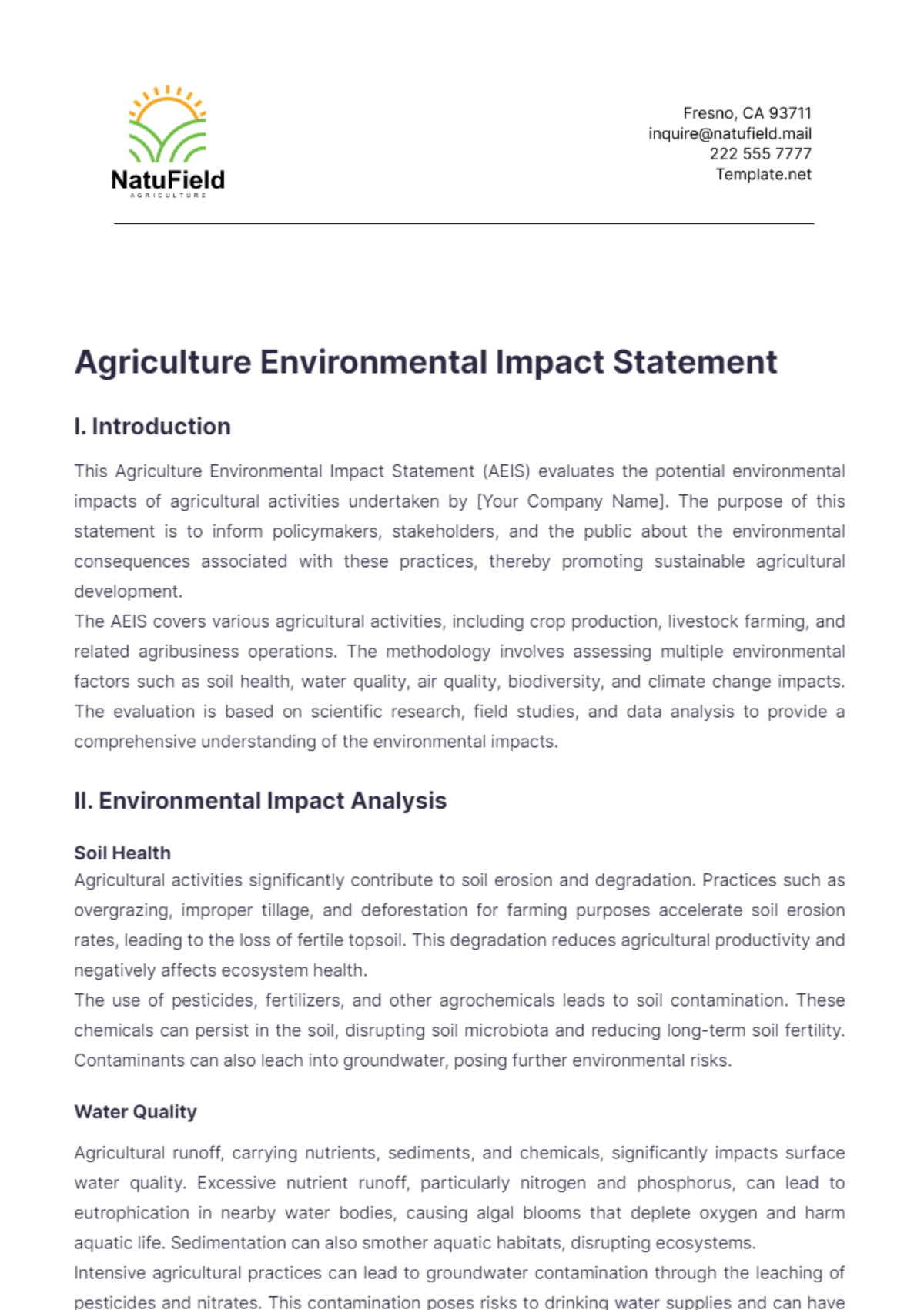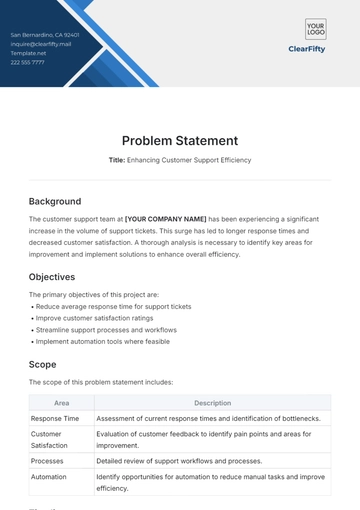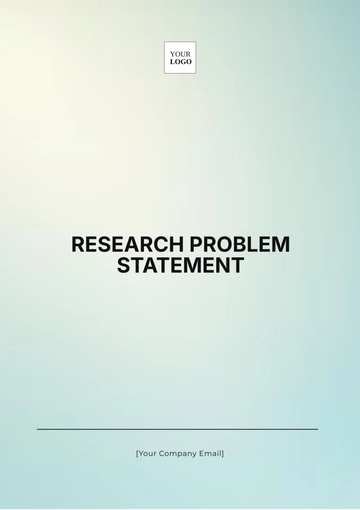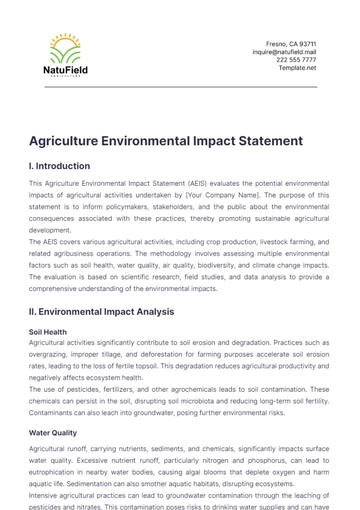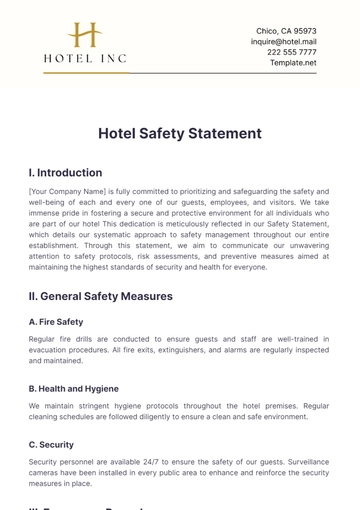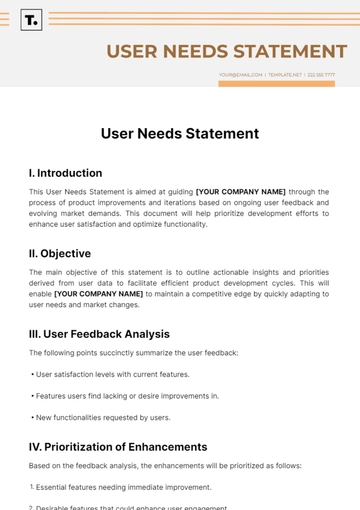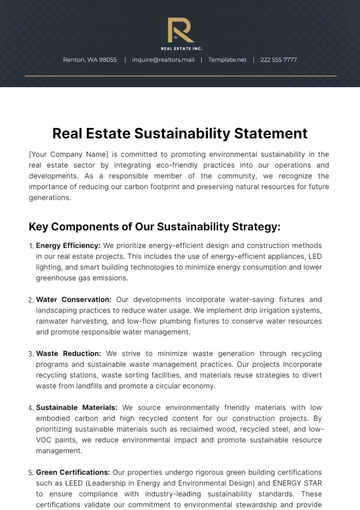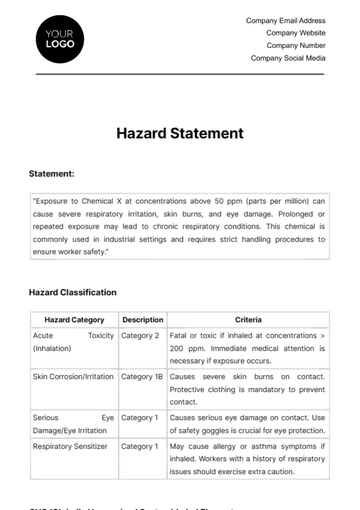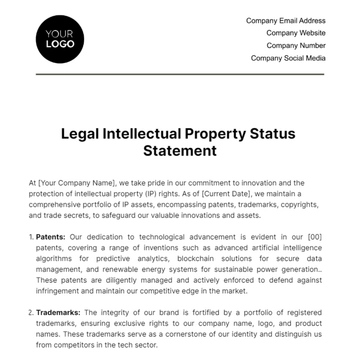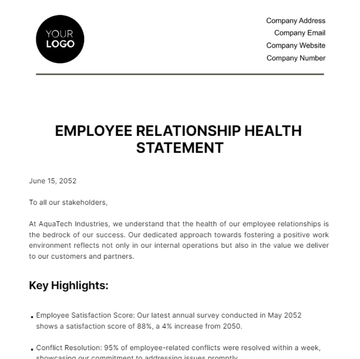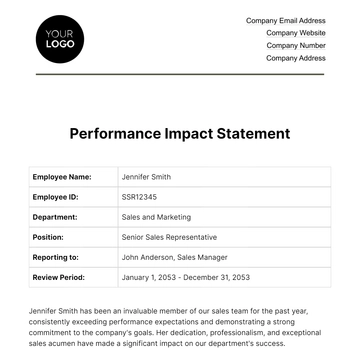Agriculture Environmental Impact Statement
I. Introduction
This Agriculture Environmental Impact Statement (AEIS) evaluates the potential environmental impacts of agricultural activities undertaken by [Your Company Name]. The purpose of this statement is to inform policymakers, stakeholders, and the public about the environmental consequences associated with these practices, thereby promoting sustainable agricultural development.
The AEIS covers various agricultural activities, including crop production, livestock farming, and related agribusiness operations. The methodology involves assessing multiple environmental factors such as soil health, water quality, air quality, biodiversity, and climate change impacts. The evaluation is based on scientific research, field studies, and data analysis to provide a comprehensive understanding of the environmental impacts.
II. Environmental Impact Analysis
Soil Health
Agricultural activities significantly contribute to soil erosion and degradation. Practices such as overgrazing, improper tillage, and deforestation for farming purposes accelerate soil erosion rates, leading to the loss of fertile topsoil. This degradation reduces agricultural productivity and negatively affects ecosystem health.
The use of pesticides, fertilizers, and other agrochemicals leads to soil contamination. These chemicals can persist in the soil, disrupting soil microbiota and reducing long-term soil fertility. Contaminants can also leach into groundwater, posing further environmental risks.
Water Quality
Agricultural runoff, carrying nutrients, sediments, and chemicals, significantly impacts surface water quality. Excessive nutrient runoff, particularly nitrogen and phosphorus, can lead to eutrophication in nearby water bodies, causing algal blooms that deplete oxygen and harm aquatic life. Sedimentation can also smother aquatic habitats, disrupting ecosystems.
Intensive agricultural practices can lead to groundwater contamination through the leaching of pesticides and nitrates. This contamination poses risks to drinking water supplies and can have long-term effects on groundwater ecosystems.
Air Quality
Agriculture is a significant source of greenhouse gases, including methane from livestock and nitrous oxide from fertilized soils. These emissions contribute to climate change, affecting global temperatures and weather patterns.
Dust from tillage, harvesting, and livestock activities, along with odors from manure and fertilizers, can degrade air quality. Particulate matter and ammonia emissions from livestock operations can also impact human health and contribute to atmospheric pollution.
Biodiversity
Agricultural expansion often leads to habitat loss and fragmentation, threatening wildlife species and biodiversity. Monoculture farming practices reduce habitat diversity and can lead to the decline of native plant and animal species.
The use of pesticides can harm non-target species, including beneficial insects, birds, and other wildlife. This disruption of natural ecosystems can lead to imbalances and the decline of certain species.
Climate Change Impacts
Climate change poses significant challenges to agriculture, including increased frequency of extreme weather events, changes in precipitation patterns, and shifts in growing seasons. These changes can affect crop yields, livestock productivity, and overall agricultural sustainability.
Implementing sustainable agricultural practices, such as conservation tillage, crop rotation, and integrated pest management, can help mitigate environmental impacts and enhance resilience to climate change. Promoting agroforestry and sustainable water management practices are also crucial for adapting to changing climatic conditions.
III. Conclusion
This Agriculture Environmental Impact Statement highlights the significant environmental impacts associated with agricultural activities. By understanding these impacts, [Your Company Name] can develop and implement strategies to promote sustainable agriculture, protect natural resources, and ensure long-term environmental and agricultural health.
Agriculture Templates @ Template.net
